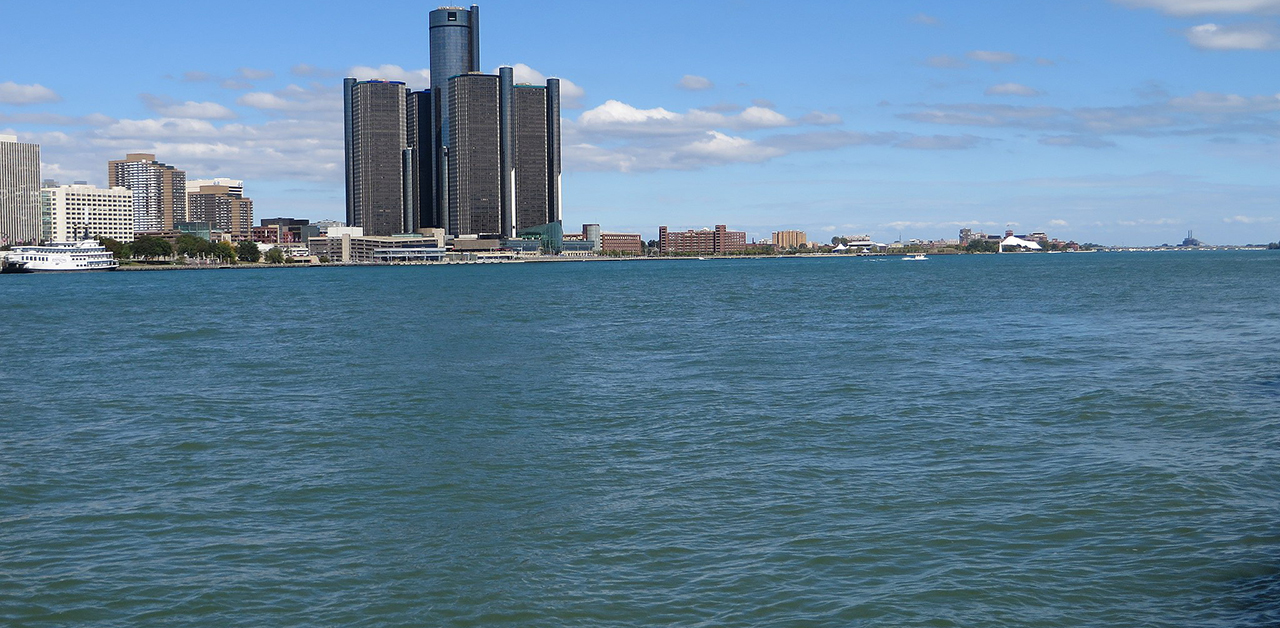Project aims to find new ways to convert river water into drinking water as pollutants evolve
The Great Lakes Water Authority is contracting with Wayne State University to do research at its Waterworks Park treatment plant in Detroit. Inside the facility there’s a 12,000-to-1 scale model of the water treatment system.

The Great Lakes Water Authority is paying Wayne State University nearly $585,000 to develop a research project at its Waterworks Park treatment plant in Detroit.
Inside the facility there’s a plant that was built for pilot projects, a 12,000-to-1 scale model of the water treatment system. It’s large enough for people to work inside and “mimics the operations of this huge full-scale drinking water plant,” says Dr. Carol Miller, a civil engineering professor and the director of Wayne State’s Healthy Urban Waters program.
The university will use the model to find new ways the plant can convert river water into drinking water. Miller says there are many steps that river water goes through before it gets to your kitchen faucet.
“We’re evaluating what happens when water is taken from the Detroit River and it’s prepared for the community to drink,” Miller says.
“The idea here is that you definitely don’t want to mess with the actual full-scale operating system that is working to deliver drinking water for our region, until you’ve tested something out.” —Dr. Carol Miller, Wayne State’s Healthy Urban Waters
Researchers are looking at how impurities are removed in various steps in the process and to better understand how to handle new and emerging contamination threats.
“The idea here is that you definitely don’t want to mess with the actual full-scale operating system that is working to deliver drinking water for our region, until you’ve tested something out.”
Miller says the university will research at least two classes of emerging drinking-water pollutants.
“Our group has been looking very closely at the group of contaminants that are just generally called PFAS compounds. Also, pharmaceuticals and personal care products.”
Another key area for the project is workforce development to train people for jobs in the water utility industry, Miller says.
The pilot plant allows them to educate potential employees and students on the operation of the full-scale water treatment plant.
“They can actually work on experiments with the team to better understand how each process is working to remove potential impurities … from the Detroit River.”
Miller says the goal is to ensure that the Great Lakes Water Authority can continue providing safe drinking water even as the makeup of the Detroit River changes.
Trusted, accurate, up-to-date.
WDET strives to make our journalism accessible to everyone. As a public media institution, we maintain our journalistic integrity through independent support from readers like you. If you value WDET as your source of news, music and conversation, please make a gift today.

